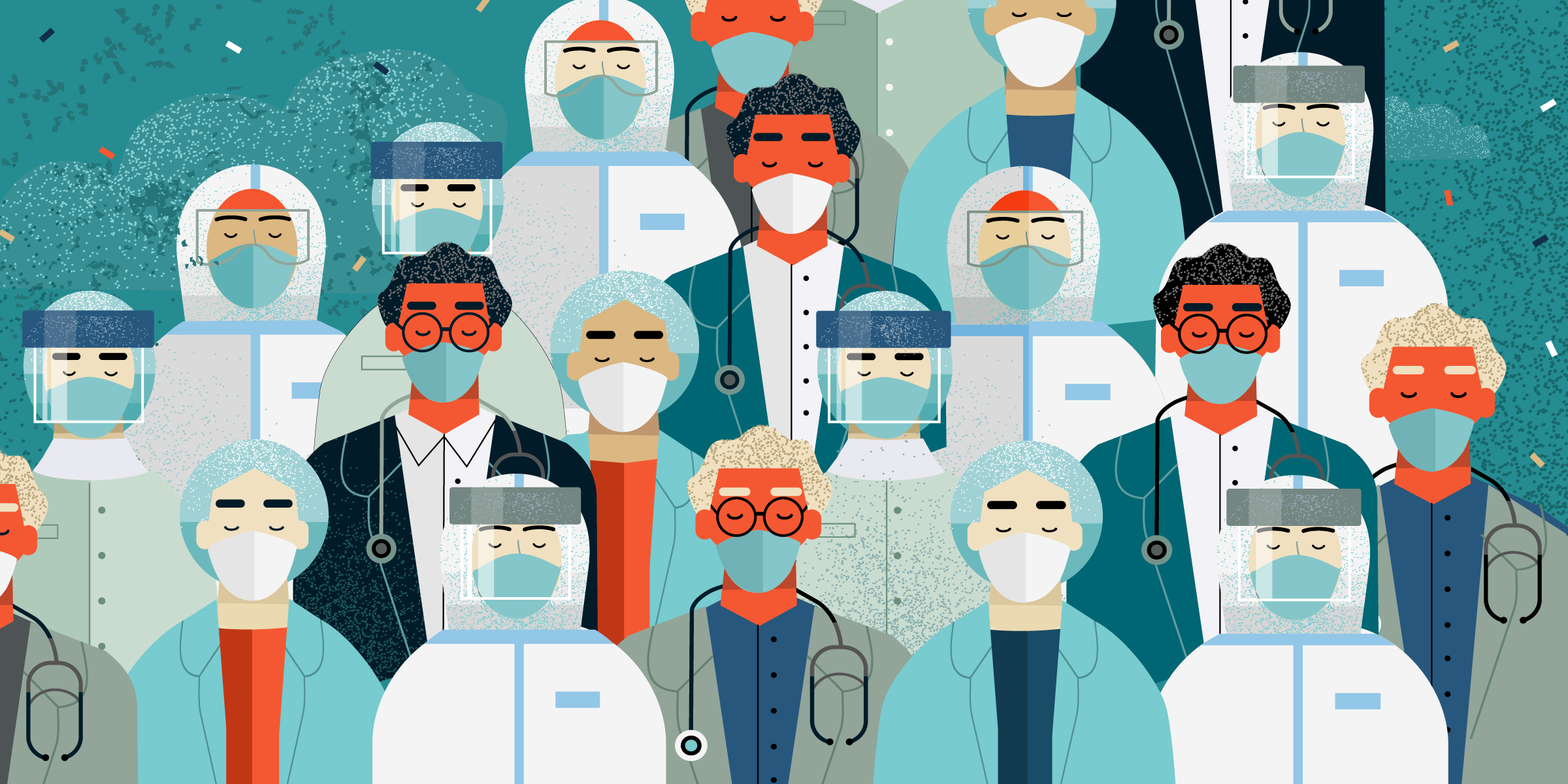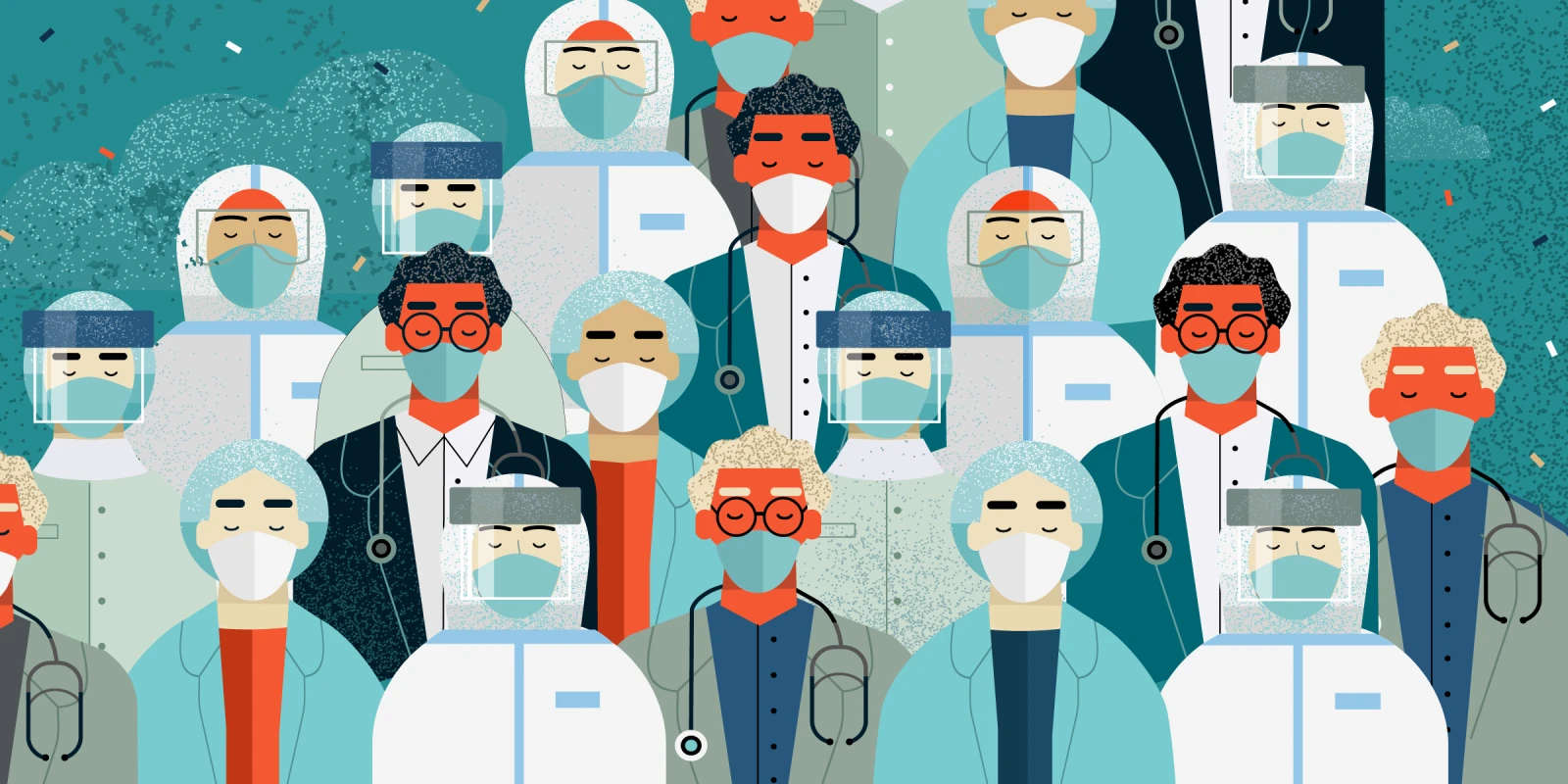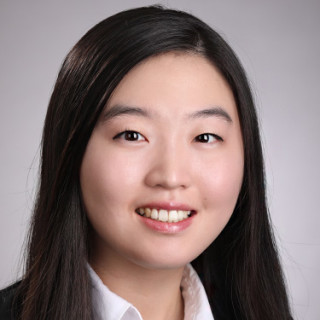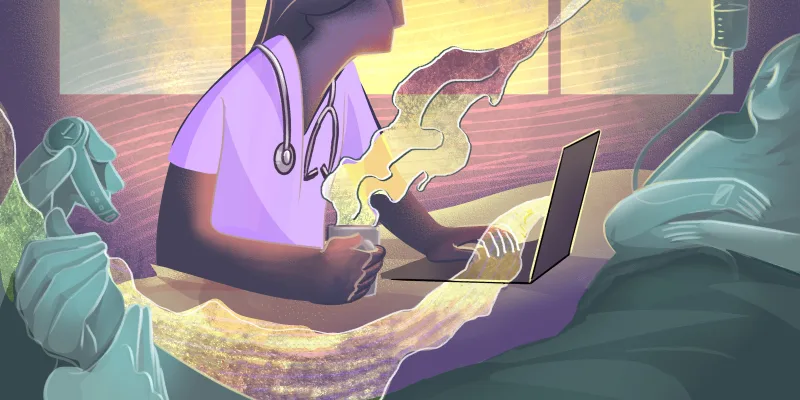 On July 1, 2020, teaching hospitals across the country will undergo the annual changing of the guard: 30,000 new interns will take on the responsibility of treating patients for the first time. Our newest crop of doctors, however, will have the added challenge of growing into their roles during a global pandemic and the biggest period of civil unrest in recent memory. The medical community must be mindful of how these factors may impact patient care.
On July 1, 2020, teaching hospitals across the country will undergo the annual changing of the guard: 30,000 new interns will take on the responsibility of treating patients for the first time. Our newest crop of doctors, however, will have the added challenge of growing into their roles during a global pandemic and the biggest period of civil unrest in recent memory. The medical community must be mindful of how these factors may impact patient care.
First, residency programs and supervising physicians need to brace for the possibility that this year’s class of interns may be under-trained compared to those of previous years, as many graduating medical students had their clinical training cut short. On March 17, 2020, the AAMC recommended that schools pause on-site clinical rotations to protect medical students during the coronavirus outbreak. But, in order to ensure that students graduated on time to staff the hospitals dependent on incoming graduates’ labor, many medical schools modified courses and waived graduation requirements.
Fortunately, some medical schools did what they could to pick up the slack. Dr. Brianna Johnson, a recent graduate of Stanford University School of Medicine, participated in her medical school’s capstone course over Zoom. She mentioned that the capstone directors “adapted very well and were able to get a lot of information across virtually.” Although the participants were unable to engage in certain aspects of patient care (such as physical exams), they were able to polish their history-taking and communication skills with an experienced standardized patient. Through the capstone, participants also answered mock pages throughout the day, to simulate the experience of being on-call.
Considering the pre-existing heterogeneity across medical school curriculums, it is impossible to predict how curricula changes prompted by COVID-19 will affect patient care, come July. To ensure that these changes do not translate into medical errors, academic hospitals need to provide additional oversight, opportunities, and support for new interns, especially during their first month. Moreover, many physicians are worried about what the ongoing pandemic may mean for their own health. Hospitals can help ease anxieties by sharing their plans to handle future COVID-19 waves, and guaranteeing an adequate supply of PPE.
New doctors are entering the medical profession during tumultuous times. Millions of Americans have lost their livelihoods due to COVID-19 and protests against police brutality have rocked the nation. These events are bound to affect our collective psyche. According to a survey published by the CDC at the end of May 2020, about a third of Americans reported symptoms related to depression or anxiety from April 23 onward—a jump from April to June of 2019. The current numbers may be even higher than the survey suggests, considering that protests began shortly after the end of the survey period (and healthcare providers are certainly among those affected).
A 2019 meta-analysis in JAMA Network Open found that physician depression and depressive symptoms were also associated with medical errors. Now more than ever, academic hospitals and administrators must prioritize the mental wellbeing of health care professionals. Practical steps would include allowing interns additional days off to receive medical and psychological care, and providing more support and resources for interns who may have been disproportionately impacted by current events.
The current crises will shape the mental wellbeing and professional growth of the newest generation of interns, which may then affect the level of care they are able to provide for patients. Hospital administrators, residency programs, and physician leaders must support incoming doctors by providing additional supervision, assuaging concerns about COVID-19, and protecting physical and mental wellbeing. According to Dr. Johnson, “COVID or no COVID, I hope that our institutions are going to be understanding and really take the time to show us the ropes.”
Yoo Jung Kim is a medical student at Stanford University and the author of "What Every Science Student Should Know" (University of Chicago Press). Her articles have appeared in the Washington Post, Nature, The Mercury News, The Seattle Times, and KevinMD. She serves as a member of the Student Advisory Council at ScholarRx and a Digital Native Advisor at the Kaiser Permanente School of Medicine. She is a 2019–2020 Doximity Fellow.
Image by Ardea-studio / Shutterstock
Click here to see more perspectives on COVID-19 from the Doximity network.
Click here for up-to-date news about COVID-19 on Doximity.




